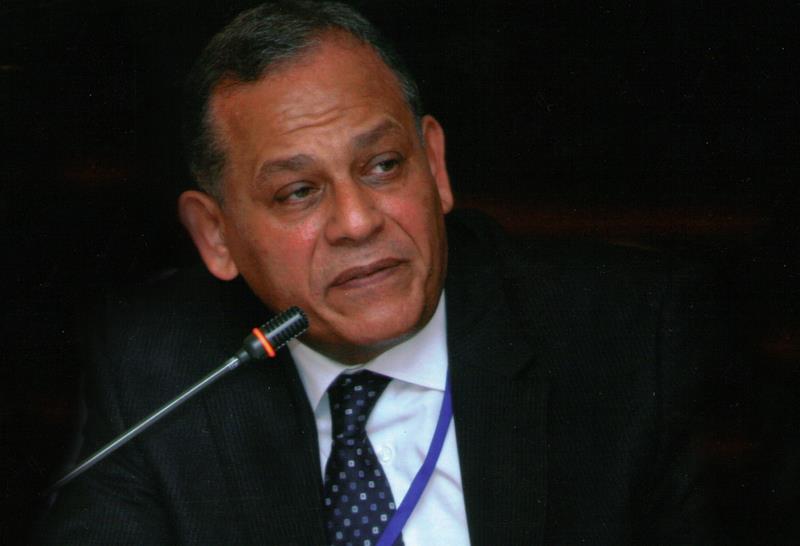More than one writer focused on the challenges facing the expected meeting between the leaders of the US and North Korea. In state-owned daily Al-Ahram, Makram Mohamed Ahmed wrote that there does not yet seem to be a plan in place, given that the two have never spoken on the phone and their relation has been limited to mutual insults, as even the location of the encounter is yet to be decided.
To Ahmed, North Korea will have to give up its nuclear weapons and allow transparent inspections to ensure so in exchange for international guarantees of its safety and rights as a powerful country.
For Hassan Abu Taleb, the meeting is likely doomed to failure because US President Donald Trump is unfit for such complicated negotiations. In the privately-owned Al-Watan newspaper, he opined that Trump wants North Korea to give up its nuclear weapons and ballistic missiles unconditionally, which does not match Kim Jong-un’s ambitions to push the US out of South Korea.
In an op-ed published on Al-Ahram’s front page, Osama Ghazaly Harb praised the opportunities for regional development through joint projects between Egypt and Saudi Arabia, in light of the visit by the kingdom’s Crown Prince Mohamed bin Salman. He argued that Egypt needs to overcome “past heritage” where oppression was practiced and where decision-makers are above accountability leading to a series of angry and violent results between the 1960s and 70s, in order not to find itself behind in the “new Middle East.”
Abdel Nasser Salama wrote in an op-ed, for the privately-owned Al-Masry Al-Youm, on the restrictions imposed on freedom of speech, with recent measures concerning social media, including a prosecutor’s statement asking people to report what they see as inciting or misleading content, the government’s proposed cybercrime law, and lastly, the minister of communications’ statement about establishing an Egyptian version of Facebook. He also pointed to reports on Egypt’s purchase of spying equipment from France, arguing that with the development of internet technologies and encrypted systems, the government’s expenditures and efforts trying to limit freedom of speech will be wasted.
In other news, Egyptian football star Mohamed Salah has become the subject of commentary for reasons unrelated to sports. In Al-Ahram, Salah Montasser defended a previous opinion where he called on the young player to shave his beard and hair so that he does not look like a “terrorist.” The article had raised criticism on social media but Montasser wrote Wednesday insisting that Salah should avoid putting himself under suspicion, because “even if not all bearded men are terrorists, all terrorists seem to have a beard.”
Moreover, in Al-Masry Al-Youm, Hamdy Rizk slammed a man claiming to be a Salafist preacher who publicly said Salah was not following proper Islamic teachings for kneeling after he scores, because he does so wearing shorts, and that he should repent. Rizk further said the incident reflects the Muslim Brotherhood’s hatred for any successful Egyptian role model.



